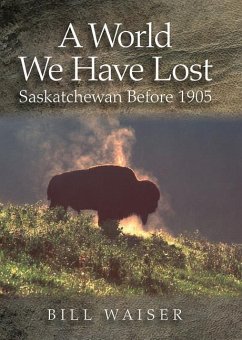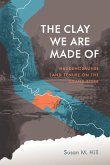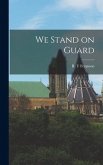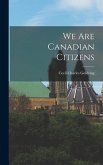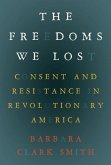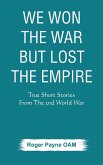Sometime during the summer of 1690, in east-central Saskatchewan, Englishmen Henry Kelsey and his Indian escorts walked out of the boreal forest and into a new world -- the northern great plains of western Canada. It was a landscape never encountered before by another European. Kelsey has been lauded as "first in the west" and the "discoverer of the Canadian prairies." But these accolades overlook the simple fact that any European and later Canadian activity in what would become the future province of Saskatchewan was entirely dependent on the goodwill and cooperation of the indigenous peoples of the region. After all, Kelsey had to be taken inland. He was a passenger, not a pathfinder. A World We Have Lost examines the early history of Saskatchewan through an Aboriginal and environmental lens. Indian and mixed-descent peoples played leading roles in the story -- as did the land and climate. Despite the growing British and Canadian presence, the Saskatchewan country remained Aboriginal territory. The region's peoples had their own interests and needs and the fur trade was often peripheral to their lives. Indians and Metis peoples wrangled over territory and resources, especially bison, and were not prepared to let outsiders control their lives, let alone decide their future. Native-newcomer interactions were consequently fraught with misunderstandings, sometimes painful difficulties, if not outright disputes. By the early nineteenth century, a distinctive western society had emerged in the North-West -- one that was challenged and undermined by the takeover of the region by a young dominion of Canada. Settlement and development was to be rooted in the best features of Anglo-Canadian civilization, including the white race. By the time Saskatchewan entered confederation as a province in 1905, the world that Kelsey had encountered during his historic walk on the northern prairies had become a world we have lost.
Hinweis: Dieser Artikel kann nur an eine deutsche Lieferadresse ausgeliefert werden.
Hinweis: Dieser Artikel kann nur an eine deutsche Lieferadresse ausgeliefert werden.

